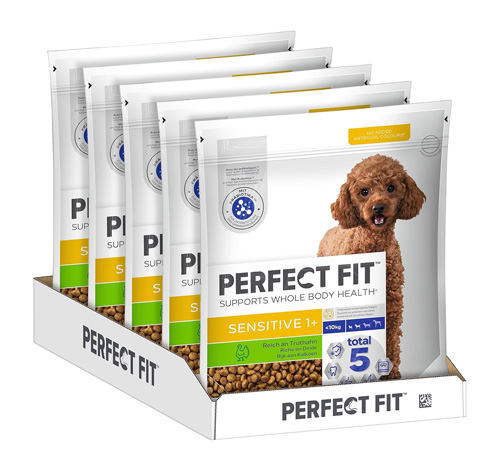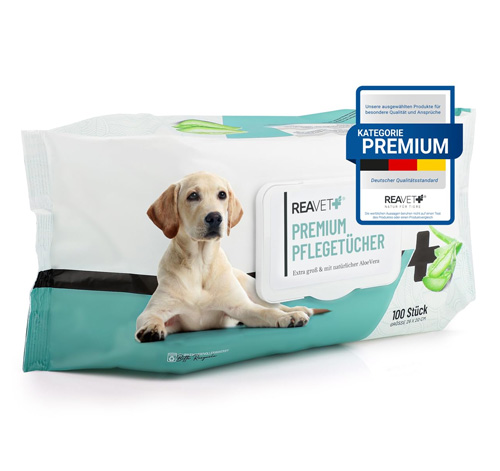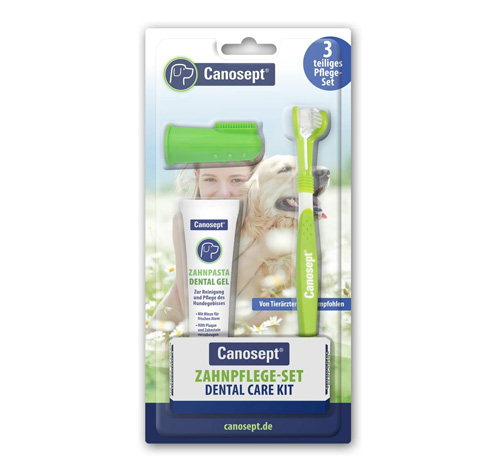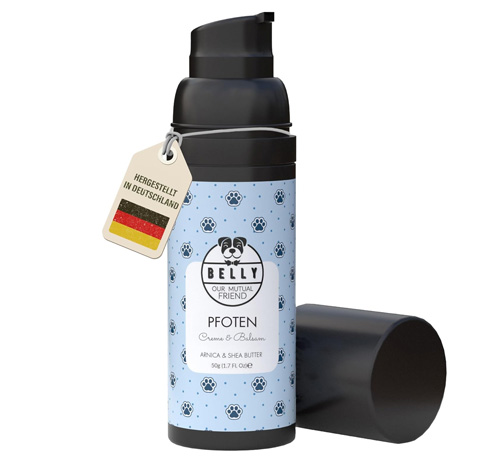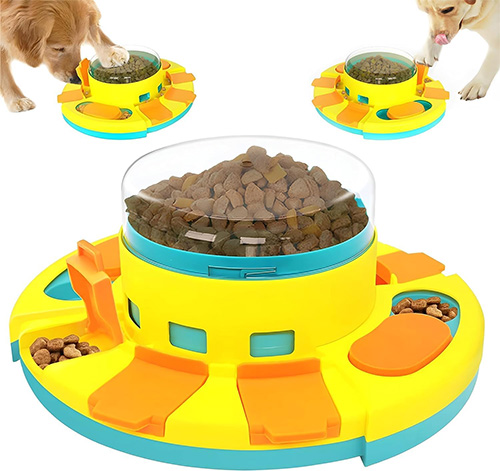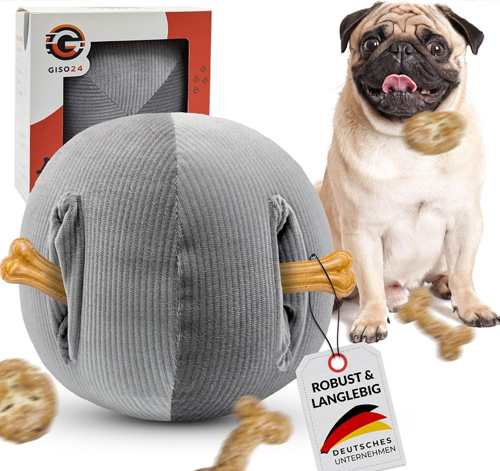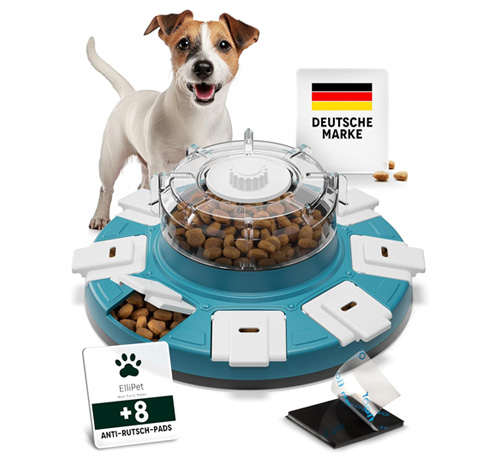Introduction to the French Bulldog and its Allergies
French Bulldogs are popular pets known for their affectionate nature and unique appearance. However, like any other breed, they can develop allergies, including food allergies. Understanding French Bulldog Allergies – As a responsible pet owner, it is important to be aware of the most common food allergies in French Bulldogs and take appropriate steps to avoid triggering these allergies. In this guide, we will cover the main foods to avoid and provide helpful tips on how to treat and prevent food allergies in French Bulldogs.
Understanding French Bulldog Allergies – French Bulldogs, also known as “Frenchies,” are prone to a variety of allergies due to their sensitive digestive systems. Food allergies occur when the immune system reacts negatively to certain components of the food. These allergies can manifest in a variety of ways, such as skin irritation, gastrointestinal issues, and even respiratory problems. To ensure the health and well-being of your furry friend, it is important that you are vigilant and proactive in identifying and treating these allergies.
Common Food Allergies in French Bulldogs
French Bulldogs can be allergic to a variety of foods, but some ingredients are more likely to trigger reactions than others. The most common food allergens for French Bulldogs include grains such as wheat, corn, and soy, and proteins such as beef, chicken, and dairy. Other ingredients such as artificial preservatives, additives, and food coloring can also cause allergic reactions. Identifying these allergens is crucial to preventing discomfort and promoting a healthy diet for your French Bulldog.
Buy sensitive Frenchie dog food
Food allergies in French Bulldogs often manifest themselves through a variety of symptoms. These include itching, redness and inflammation of the skin, frequent ear infections, gastrointestinal problems such as diarrhea and vomiting, excessive gas and even chronic ear infections. If you notice any of these symptoms in your French Bulldog after feeding him certain foods, be sure to consult a veterinarian to determine if allergies are the cause.
Understanding French Bulldog Allergies – The Importance of Recognizing and Avoiding Allergenic Foods
Identifying and avoiding allergenic foods is important for your French Bulldog’s well-being. Allergic reactions can be uncomfortable and even painful for your pet and can lead to a reduced quality of life. By identifying the specific ingredients that trigger these allergies, you can adjust your French Bulldog’s diet accordingly and provide him with a healthier and more enjoyable eating experience.

Additionally, avoiding allergenic foods can help prevent long-term health problems in French Bulldogs. Frequent exposure to allergens can lead to chronic inflammation and damage to the digestive system, skin, and other organs. By removing these allergens from your pet’s diet, you can reduce the risk of developing more serious health problems in the future.
Foods to Avoid for French Bulldogs with Allergies
When it comes to treating food allergies in French Bulldogs, prevention is key. By avoiding certain foods, you can greatly reduce the risk of your pet experiencing allergic reactions. Here are some of the top foods to avoid for French Bulldogs with allergies:
- Grains: Wheat, corn and soy are common allergens for French Bulldogs. Avoid feeding them foods that contain these ingredients, such as commercial dog foods that use these grains as fillers.
- Proteins: Beef, chicken, and dairy are known to cause allergic reactions in French Bulldogs. Opt for alternative protein sources like turkey, fish, or lamb, which are less likely to trigger allergies.
- Artificial additives: Many commercial pet foods contain artificial preservatives, additives and colorings that can irritate your French Bulldog’s digestive system. Choose natural and organic products without these additives.
By removing these common allergens from your French Bulldog’s diet, you can greatly reduce the risk of allergic reactions and promote a healthier diet for your pet.
Shop Frenchie care products
Understanding French Bulldog Allergies – Reading Pet Food Labels to Identify Potential Allergens
When choosing commercial pet food for your French Bulldog, it is important to read the labels carefully to identify possible allergens. The ingredient list can provide you with valuable information about the contents of the food and help you determine if it is suitable for your pet. Look for clear and transparent labeling that indicates that common allergens such as grains and artificial additives are not included.
Also, be wary of misleading advertising claims on pet food packaging. Terms like “natural” or “hypoallergenic” are not necessarily a guarantee of the absence of allergens. Always check the ingredients list to make sure the food does not contain any potential triggers for your French Bulldog’s allergies.

Homemade Diet Options for French Bulldogs with Allergies
If you want to have complete control over your French Bulldog’s diet and avoid potential allergens altogether, a homemade food can be a great option. However, it’s important to work with a veterinarian or qualified canine nutritionist to ensure your pet’s nutritional needs are met.
A homemade diet for a French Bulldog with allergies should focus on high-quality protein sources such as turkey, fish or lamb, as well as a variety of vegetables and fruits. It is important to provide a balanced and nutritious diet that meets all of your pet’s nutritional needs. Consider supplements such as omega-3 fatty acids and probiotics to support your French Bulldog’s overall health and well-being.
Understanding French Bulldog Allergies – Tips for Treating and Preventing Food Allergies in French Bulldogs
Treating and preventing food allergies in French Bulldogs requires a proactive approach and careful attention to diet. Here are some helpful tips to keep in mind:
- Introduce new foods slowly: When introducing new foods to your French Bulldog, do so gradually to monitor for any allergic reactions. Start with small amounts and observe if there is any adverse reaction before increasing the amount.
- Rotate proteins: Don’t feed the same protein source over and over again, but alternate between different options. This can help prevent the development of new allergies and provide a more varied diet.
- Keep a food diary: Keeping a food diary can help you track your French Bulldog’s diet and any allergic reactions. Write down the ingredients of each meal and any symptoms that occur to identify possible triggers.
- Avoid table scraps: While it may be tempting to share food with your French Bulldog, table scraps may contain ingredients that are harmful or allergenic to them. Stick to the food intended for them to avoid any potential problems.
- Regular veterinary check-ups: Regular visits to the vet are essential to monitor your French Bulldog’s health and address any problems. The vet can advise on the management of allergies and recommend appropriate treatments if necessary.
Shop interactive Frenchie toys
Understanding French Bulldog Allergies – Developing an Allergy Treatment Plan with a Veterinarian
If your French Bulldog has severe allergies, or if you are unsure how to effectively treat his allergies, it is important to work closely with a veterinarian. They can help you develop an allergy management plan tailored to your pet’s specific needs. This may include allergy testing, dietary changes, and possible medications to relieve symptoms.

A veterinarian has the expertise and knowledge to help you identify allergens, implement dietary changes, and monitor your French Bulldog’s progress to ensure your pet receives the best possible care and support for their allergies.
Alternative Feeding Options for French Bulldogs with Severe Allergies
In some cases, French Bulldogs can have severe allergies that cannot be managed by dietary adjustments alone. If this is the case with your pet, alternative feeding options may be considered. These options include hypoallergenic or restricted-ingredient foods that are specifically formulated to minimize the risk of allergic reactions.
Understanding French Bulldog Allergies – Hypoallergenic foods typically contain new protein sources that your French Bulldog has not previously consumed, such as venison or duck. Limited ingredient diets aim to reduce the number of ingredients in the food to minimize the risk of triggering allergies. Speak to your veterinarian to determine the alternative feeding option that is best for your pet.
Shop sensitive Frenchie Food
Conclusion and final considerations on dealing with food allergies in French Bulldogs
Understanding and managing food allergies in French Bulldogs is crucial to their health and overall well-being. By identifying and avoiding allergy-causing foods, reading pet food labels, and working closely with a veterinarian, you can provide your French Bulldog with a comfortable and nutritious diet.
Remember to be patient and attentive when introducing new foods or changing diets. Every French Bulldog is unique and their allergies may vary. By experimenting, you can find the best approach to managing their allergies and ensure a happy and healthy life for your beloved pet.
Talk to your veterinarian today to develop an allergy management plan for your French Bulldog. Together, you can ensure the best care and support for your Bulldog’s specific needs.




